Oxalic Acid - Unhealthy (in Smoothies)?
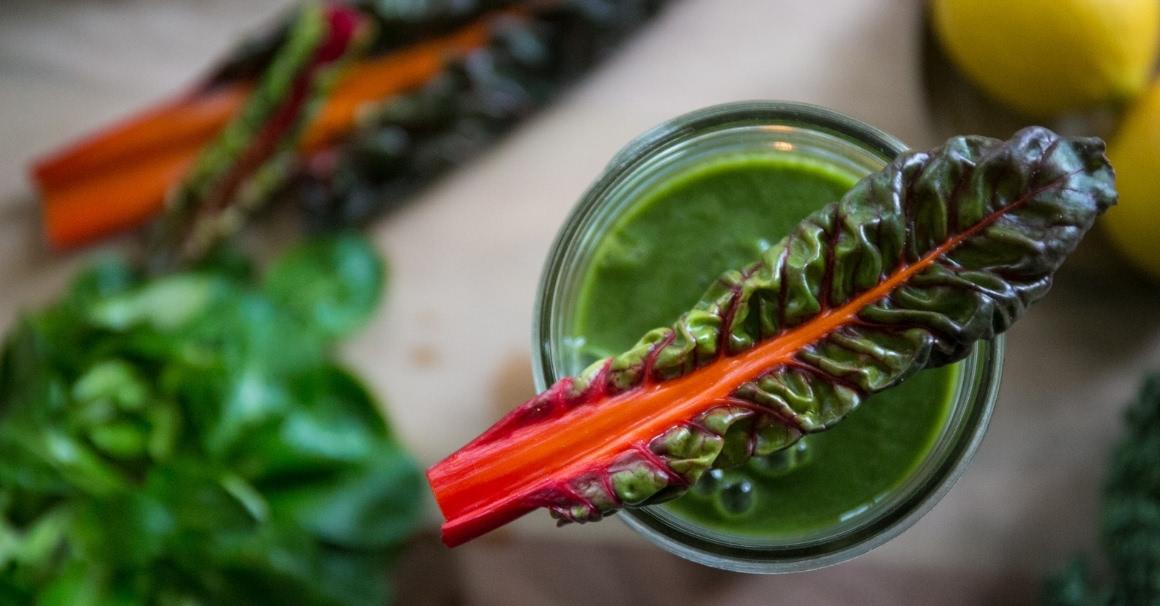
Oxalic acid still is a topic that, alongside nitrate, is discussed controversially again and again, especially in the raw food scene. Rumor has it that the oxalic acid content in green smoothies may have a long-term risk of causing kidney stones. With that said, what's the truth behind the rumor?
Overview
- What is oxalic acid?
- Oxalic acid - natural occurrence
- Oxalic acid - unhealthy?
- Oxalic acid in green smoothies
What is oxalic acid?
Oxalic acid is considered a so-called "antinutrient". Antinutrients are found in almost every food. They are natural, problematic substances, they interfere with nutrient absorption and metabolism. They are formed by plants to avoid being eaten.
The best-known antinutrients include phytic-acid in cereals, which prevents the absorption of (metallic) minerals and trace elements (zinc, iron, calcium), and the so-called "trypsin-inhibitors" in legumes, which interfere with protein digestion. While trypsin-inhibitors can be broken down by cooking and soaking (this is the reason why legumes were always soaked for a very long time by primitive people), phytic-acid is heat-stable. Cooking therefore does not help here.
Oxalic acid,is supposed to be reduced by the cooking process.
Oxalic acid - natural occurrence?
Chard, rhubarb, spinach, beet, cocoa and chocolate, sesame, amaranth, quinoa - oxalic acid is found in all these and many other plants. It is also found in coffee and tea.
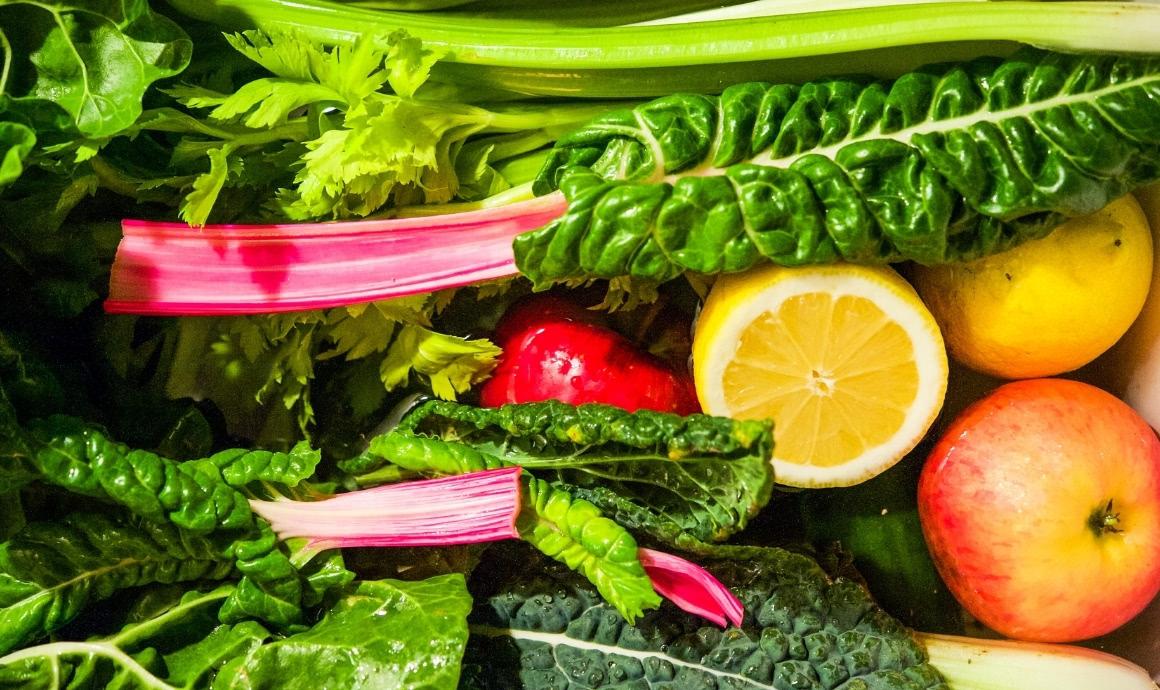
Oxalic acid - unhealthy?
oxalic acid reacts with calcium compounds contained in the blood and cells, it then forms insoluble calcium oxalate - a salt of oxalic-acid - which can disrupt calcium metabolism. Insoluble substances cannot be broken down by the body, therefore they can't be converted into other substances. They have to be excreted. And here's the thing: if this process does not function properly, kidney stones can form. However, before such a condition can occur, various factors that are detrimental to health must precede it. In general, a diet with too much table salt, green tea, coffee and animal protein is considered the main risk factor for kidney stones. Vegetarians, who generally eat more green vegetables, compared to the population average, apparently suffer less frequently from kidney stones, as Andreas Kribben of Essen University Hospital recently found (source). There is also a risk of kidney stone formation in case of not drinking enough water, dysbiosis in the intestines or chronic hyperacidity.
Oxalic acid in green smoothies?
There is no scientific evidence that the amount of oxalic acid contained in green smoothie ingredients could have any harmful effects on the organism. The amount is simply considered too small for that.
Years of experience invalidate all the prejudices clearly. If oxalic acid would be a problem, it would lead to a demineralization of the body. In practice we have made completely different experiences. A much better nutrient supply to the body, resulting in:
- the elimination of cravings for sweets (chromium deficiency),
- less need for food overall,
- Reduction of inflammatory metabolic disorders,
- less hunger for animal protein (zinc deficiency).
Conclusion: Among all the warnings against raw food, oxalic acid is one of the perennial favorites, strange, since practical experience proves the exact opposite.
Conversely, this means: don't go crazy and enjoy your green smoothie with all the life-giving ingredients it has to offer!
We appreciate your Feedback!
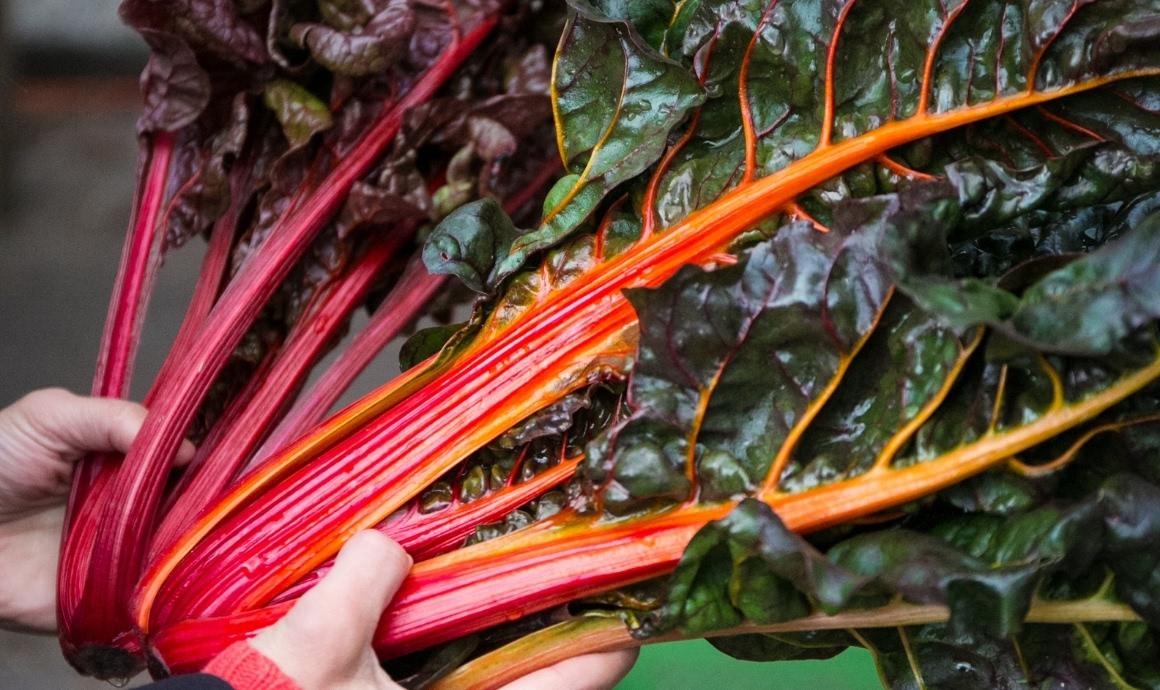









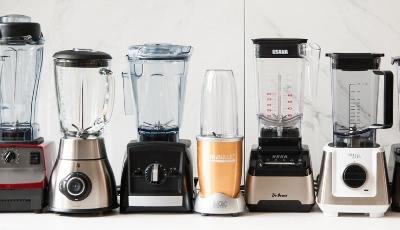











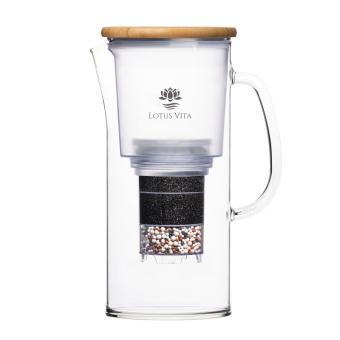

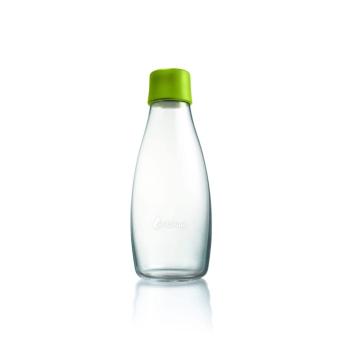

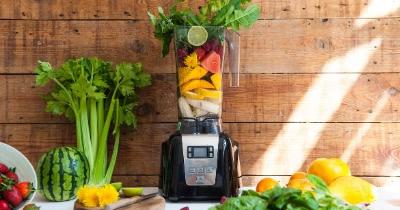
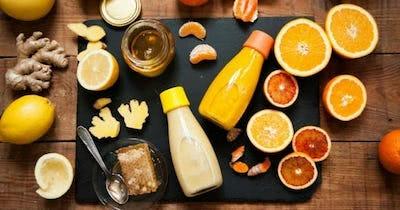

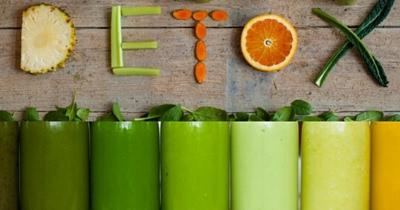
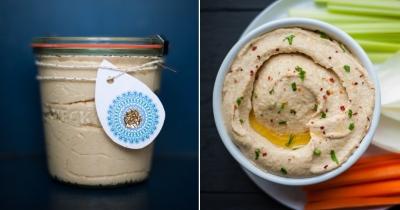
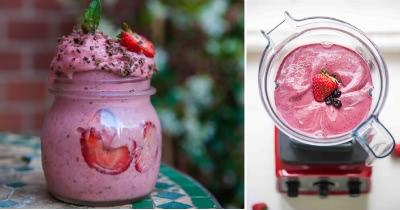

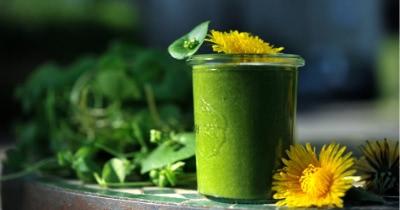
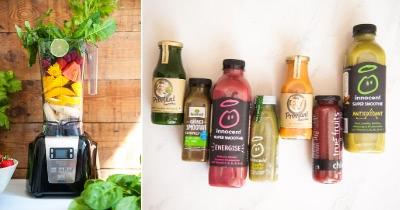

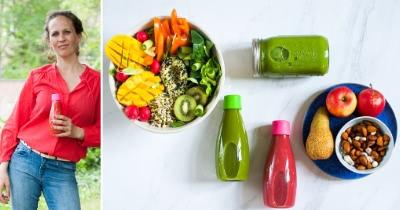











Add comment
2 | Comment(s)
Thank you for your feedback! I'm glad the information about oxalic acid was helpful to you.
Warm regards,
Carla